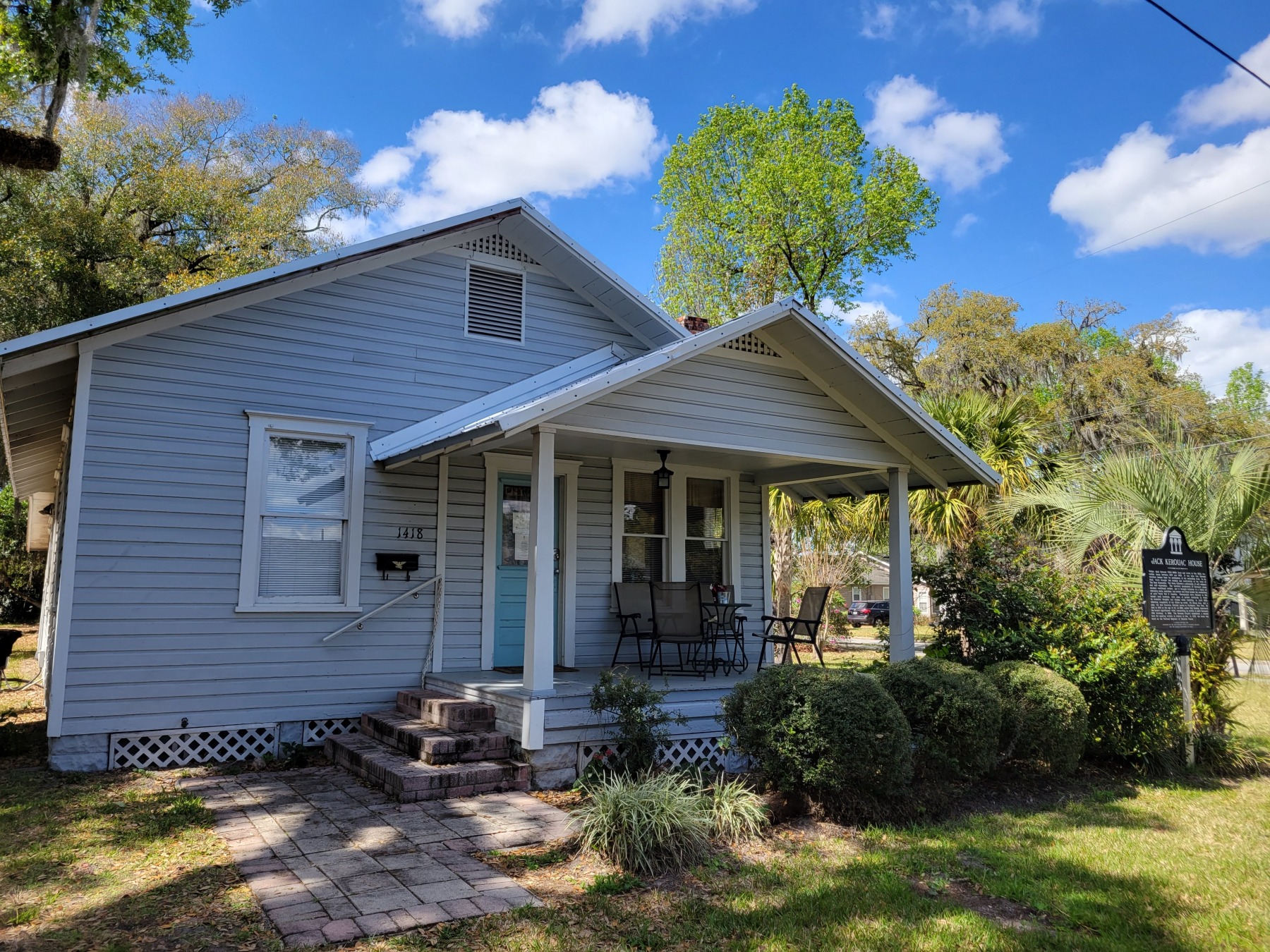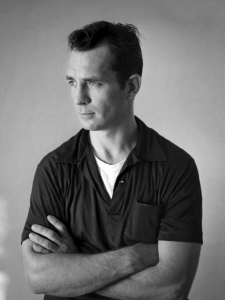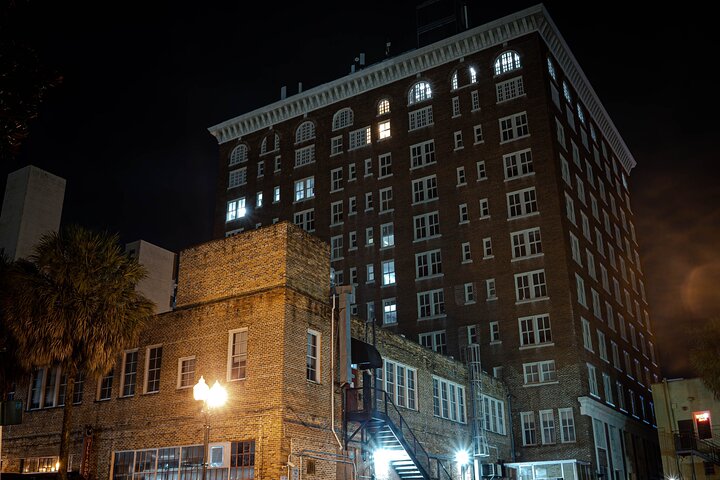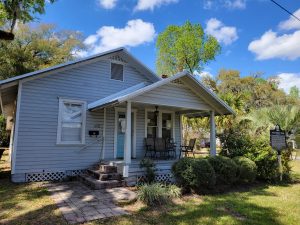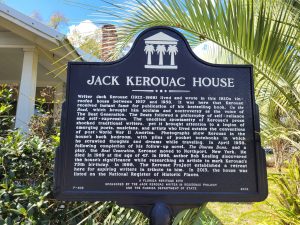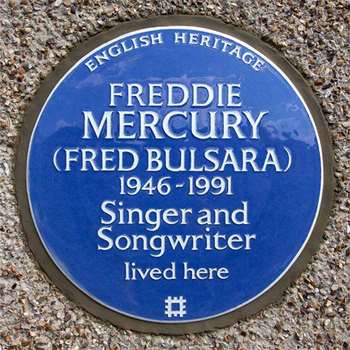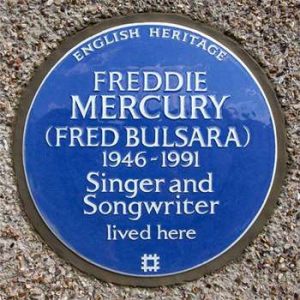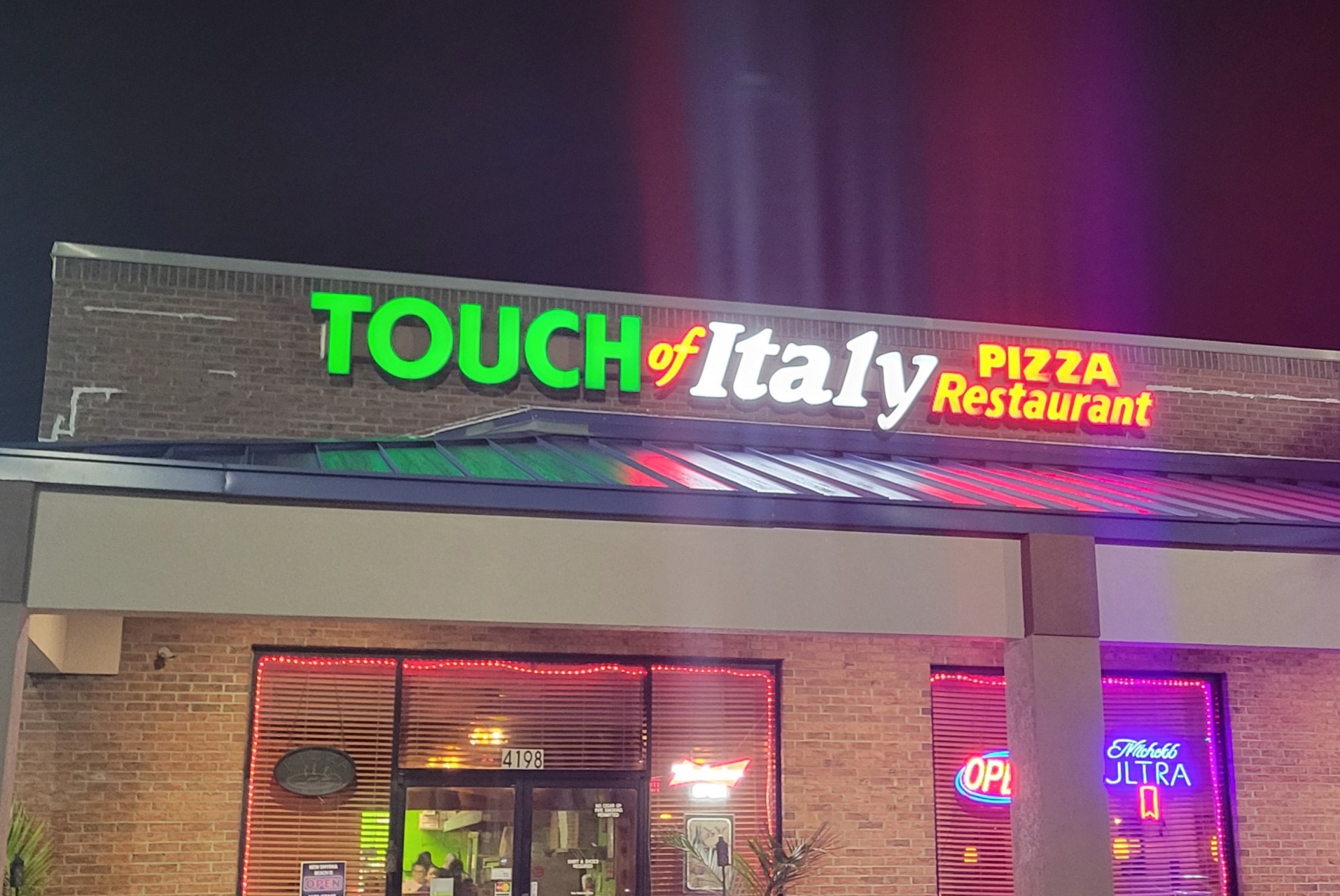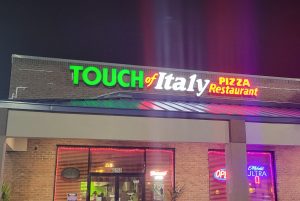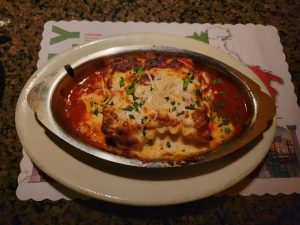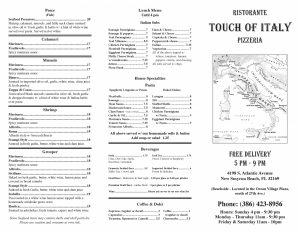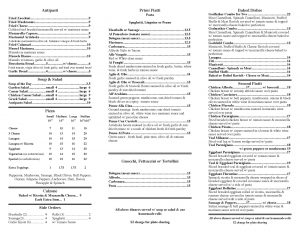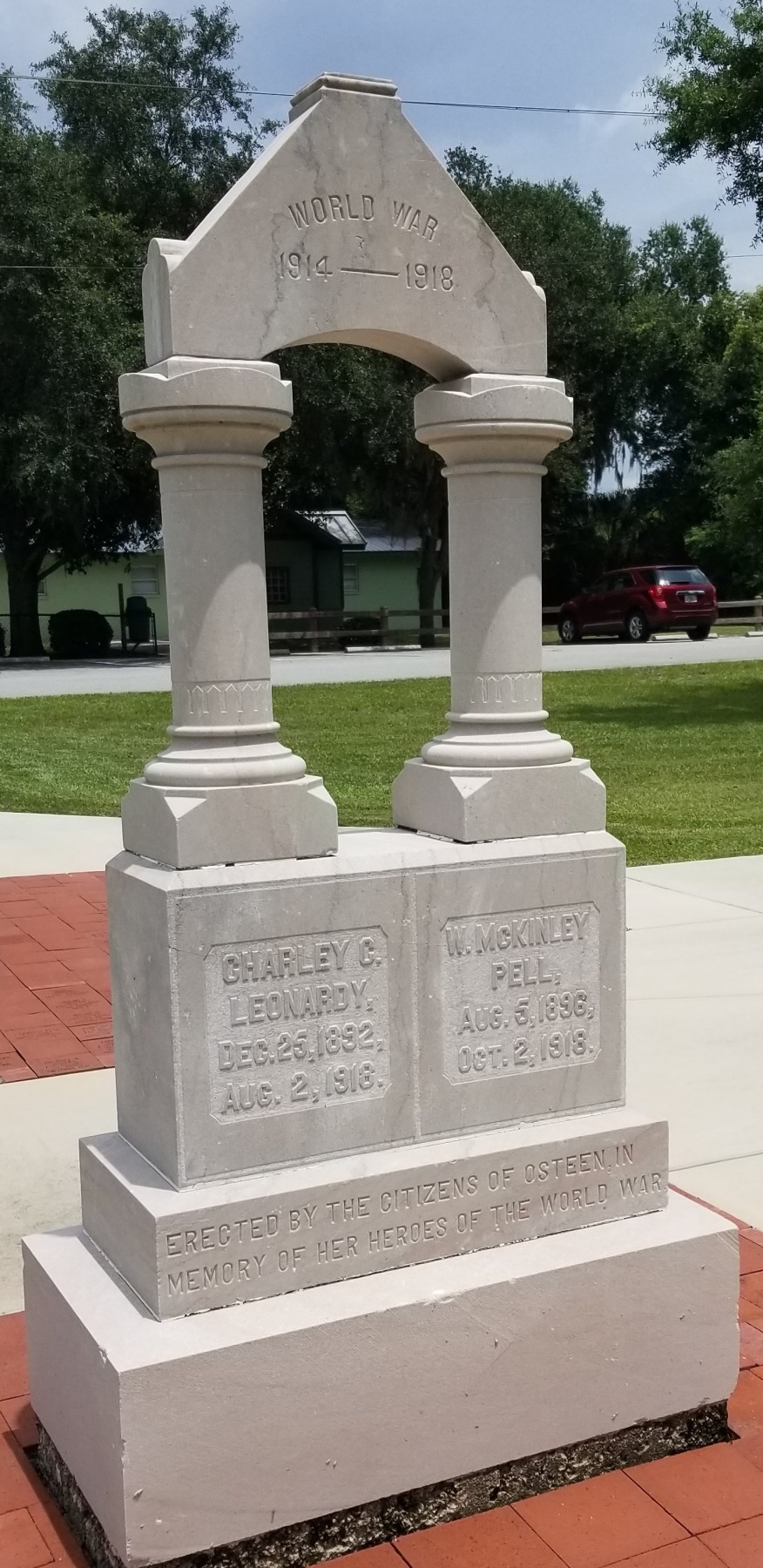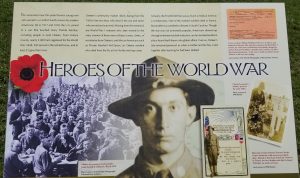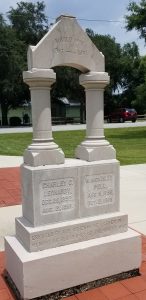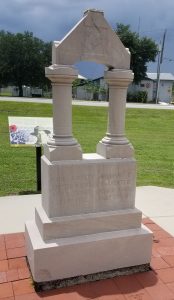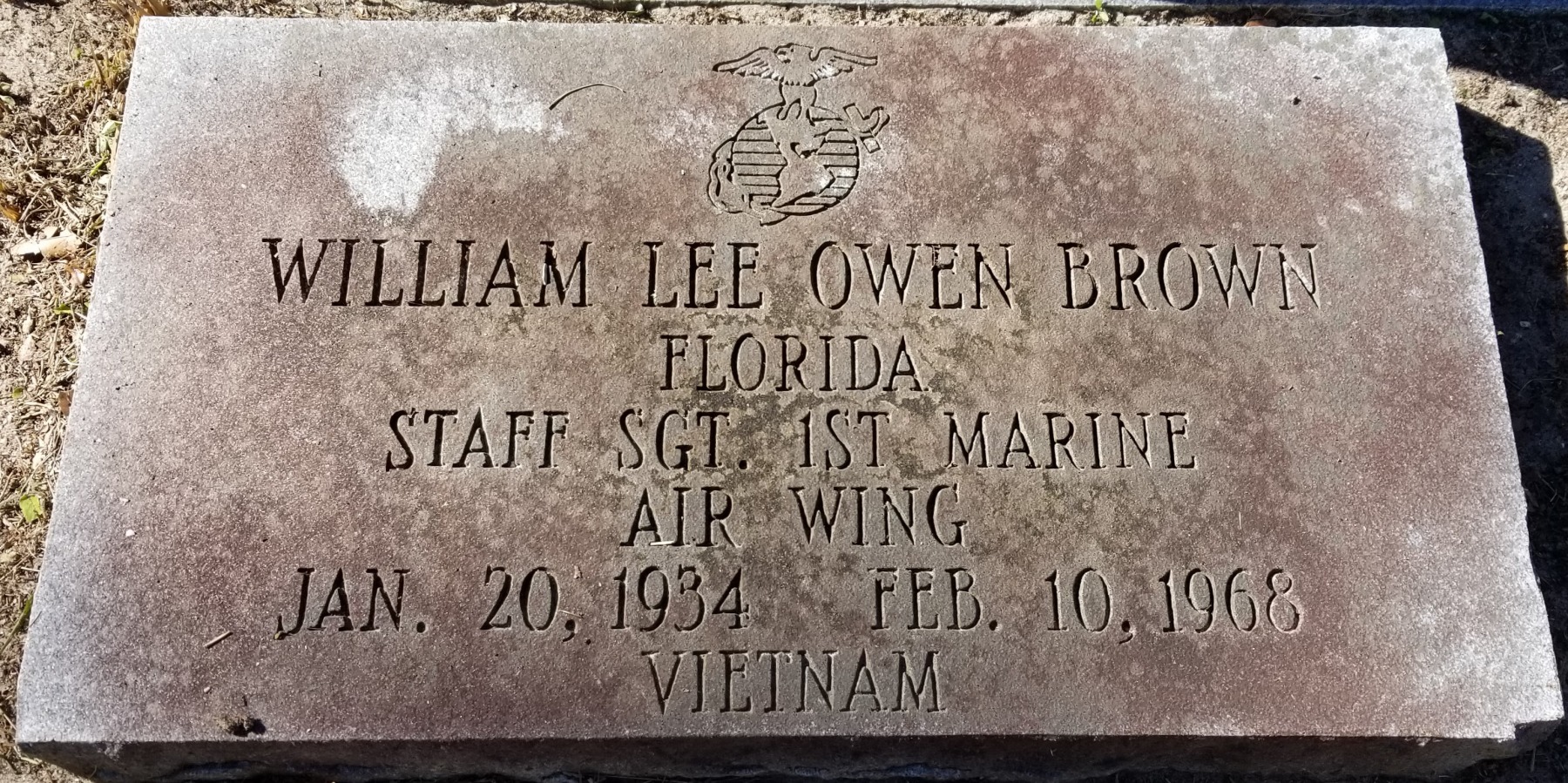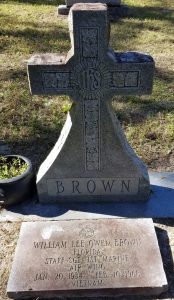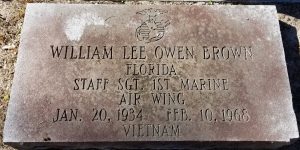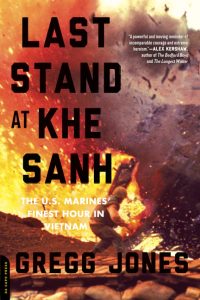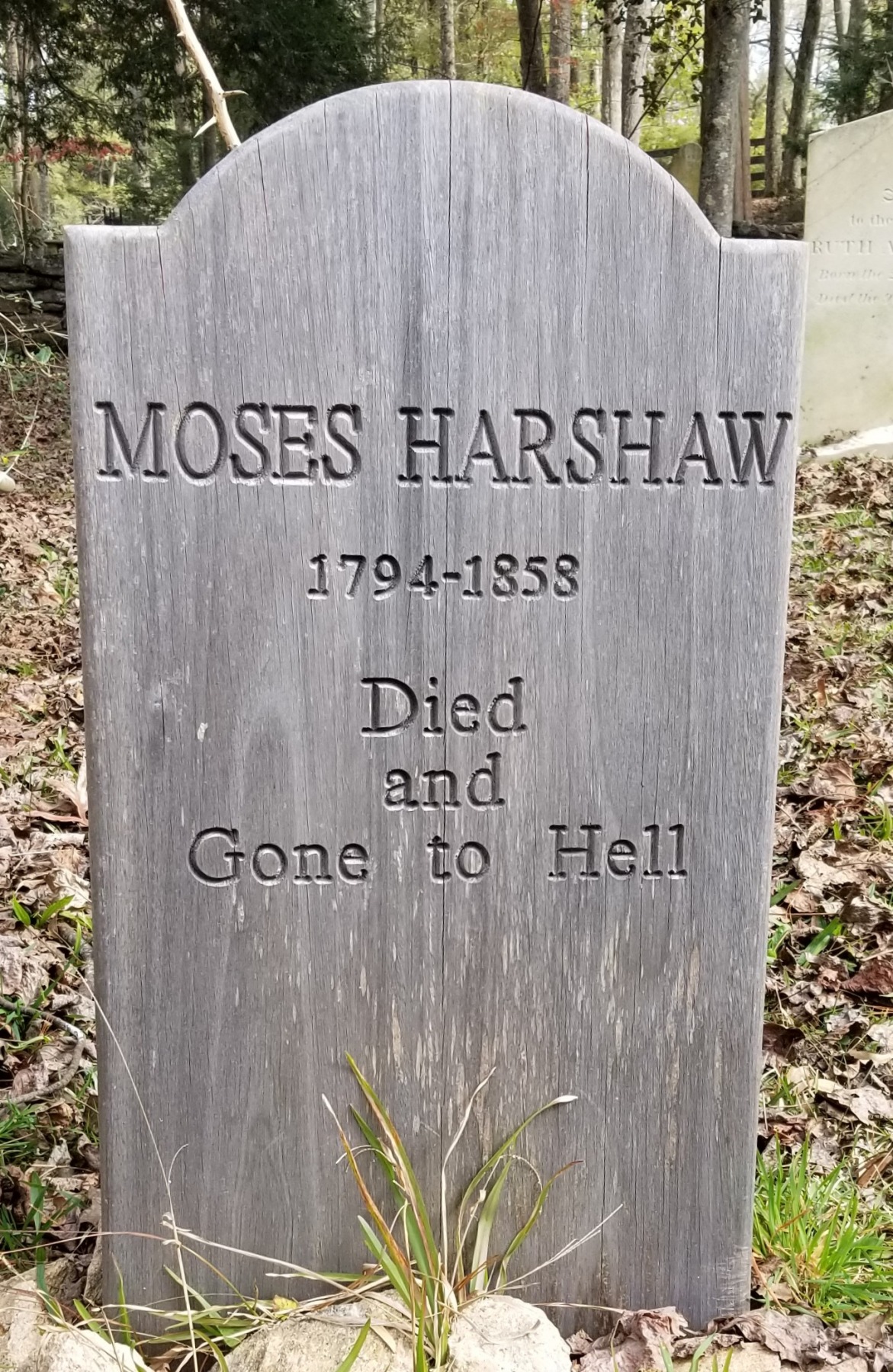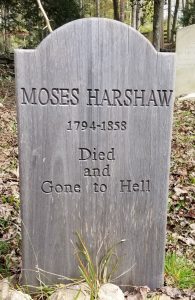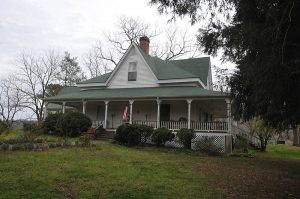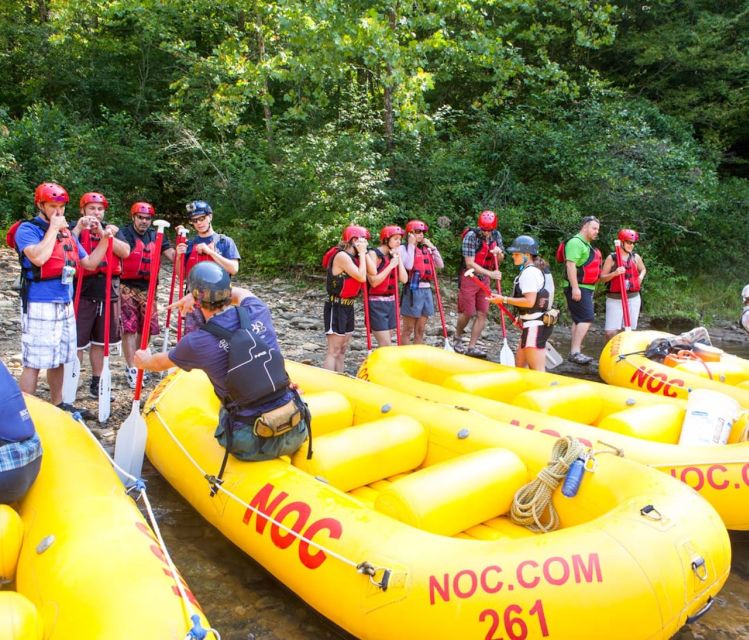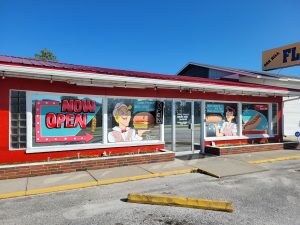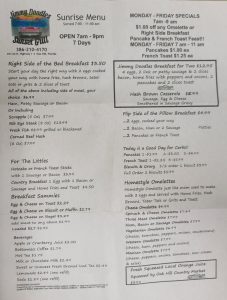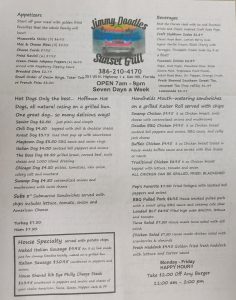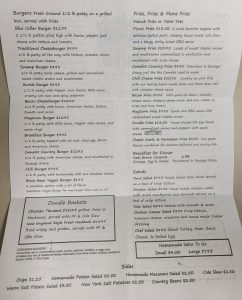Ronald Reagan Remarks Before Assassination Attempt


On March 30, 1981 President Ronald Reagan gave a speech before members of the National Conference of the Building and Construction Trades Department of the AFL-CIO. Read further to find Ronald Reagan remarks before the assassination attempt by John Hinkley. As we know, Reagan would survive and go on to be elected for a second term.
You can see video of the speech here. The text of President Reagan’s speech is below.
It was after this speech, as Reagan was leaving the Washington Hilton Hotel that John David Hinkley attempted to kill the president. In addition to Reagan’s injuries, White House Press Secretary James Brady, Secret Service agent Tim McCarthy, and police officer Thomas Delahanty were also wounded. Brady was to later die as a result of the injuries suffered that afternoon.
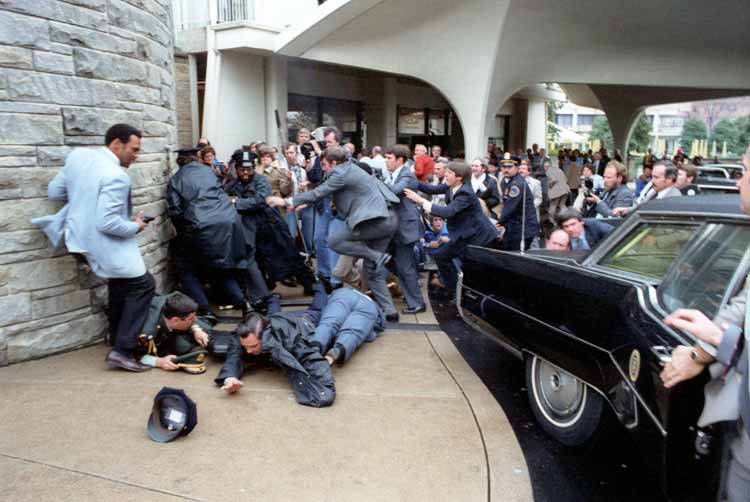
C1426-18, Chaos outside the Washington Hilton Hotel after the assassination attempt on President Reagan. James Brady and police officer Thomas Delahanty lie wounded on the ground. 03/30/1981. Both photos courtesy Ronald Reagan Library
A video discussing the assassination attempt may be seen here.
The text of President Reagan’s speech is below.
March 30, 1981
Mr. President, reverend clergy, gentlemen here on the dais, and you ladies and gentlemen:
There’s been a lot of talk in the last several weeks here in Washington about communication and the need to communicate, and the story that I haven’t told for a long time — but somehow it’s been brought back to me since I’ve been here — about communication and some of the basic rules of communication.
It was told to me the first time by Danny Villanueva who used to placekick for the Los Angeles Rams, and then later became a sports announcer, and Danny told me that one night as a sports announcer, he was having a young ballplayer with the Los Angeles Dodgers over to the house for dinner. And the young wife was bustling about getting the dinner ready while he and the ballplayer were talking sports, and the baby started to cry. And over her shoulder, the wife said to her husband, “Change the baby.” And this young ballplayer was embarrassed in front of Danny, and he said to his wife, “What do you mean change the baby? I’m a ballplayer. That’s not my line of work.” And she turned around, out her hands on her hips and she communicated. [Laughter] She said, “Look, buster, you lay the diaper out like a diamond, you put second base on home plate, put the baby’s bottom on the pitcher’s mound, hook up first and third, slide home underneath, and if it starts to rain, the game ain’t called, you start all over again.” [Laughter] So, I’m going to try to communicate a little bit today.
I’m pleased to take part in this national conference of the Building and Construction Trades Department of the AFL-CIO. And I hope you’ll forgive me if I point with some pride to the fact that I’m the first President of the United States to hold a lifetime membership in an AFL-CIO union. And, Mr. President, I’m very grateful for your words about cooperation. Now, if I can only persuade certain individuals up on the Hill to do the same thing, we won’t have any trouble at all.
But members of your organization have played and do play a great part in the building of America. They also are an important part of the industry in which my union plays a part. Now, it’s true that grease paint and make-believe are not tools of your members’ trade, but we all know the meaning of work and of family and of country.
For two decades or more, I participated in renegotiating our basic contract when it came renewal time. And here, too, we have much in common. Sitting at the negotiating table, we were guided by three principles in our demands: Is it good for our people? Is it fair to the other fellow and to the customer? And is it good for the industry?
Samuel Gompers, who founded the American Federation of Labor and who literally gave his life to that cause, said, “Doing for people what they can and ought to do for themselves is a dangerous experiment. In the last analysis the welfare of the workers depends upon their own initiative. Whatever is done under the guise of philanthropy or social morality which in any way lessens initiative is the greatest crime that can be committed against the toilers. Let social busybodies and professional public morals experts in their fads reflect upon the perils they rashly invite under the pretense of social welfare.”
Samuel Gompers was repudiating the socialist philosophy when he made that statement. No one worked harder to get or believed more in a fair shake for the people who sweat as the fuel of our country, but he didn’t believe that this should or could come from government compulsion.
America depends on the work of labor, and the economy we build should reward and encourage that labor as our hope for the future. We’ve strayed far from the path that was charted by this man who believed so much in the freedom and dignity of the worker. We are in today’s economic mess precisely because our leaders have forgotten that we built this great Nation on rewarding the work ethic instead of punishing it.
We’ve gone astray from first principles. We’ve lost sight of the rule that individual freedom and ingenuity are at the very core of everything that we’ve accomplished. Government’s first duty is to protect the people, not run their lives. What have been some of the results of this straying from basic principles? Well, for one, violent crime has surged 10 percent, making neighborhood streets unsafe and families fearful in their homes. We’ve been left with a legacy of almost 8 million people out of work — 666,000 of them construction workers. All of these people have been robbed of a basic human dignity and forced into the humiliation of unemployment. The annual inflation rate has soared to nearly 12 percent, making a mockery of hard work and savings. And our national debt has grown to more than $950 billion despite taxes that eat up an ever-increasing share of the family dollar.
This deficit has particular meaning for you, because when government has to borrow to pay its bills, it competes for private capital, driving interest rates up and construction starts down. So, when people ask me why we have to cut down the budget deficit, I think the answer is pretty clear. If we don’t get control of the budget and stop wild and irresponsible spending, we will repeat past intolerable prime interest rates of more than 20 percent, rates which have played havoc with the lives of your fellow workers. And when we do not have economic security at home, our national security is threatened. We’ve let our defense spending fall behind and our capability to defend ourselves against foreign aggressors is not what it should be. These trends not only must stop, believe me, they will be stopped.
Every American and especially all the working people of our country have an enormous stake in what we do. You pay the most taxes. You believe in a work ethic but subsidize a government that does not. You, who have traditionally saved to provide for your futures, today cannot save. You, who most want to work, are most likely to be laid off. You, through taxes on your hard-earned wages, pay for what could be as much as $25 billion each year in Federal waste, abuse, and outright fraud in government programs. Franklin Delano Roosevelt spoke of “the forgotten man at the bottom of the economic pyramid.” Well, today it’s safe to say that the people at both ends of the pyramid are getting attention. The man who’s forgotten is the fellow who built it.
Such a man wrote his Congressman a few weeks back, and that letter landed on my desk. I’ve gotten tens of thousands of letters about our plan for economic recovery. I appreciate all of them, but a few of them really stand out, and this man’s letter is one of them.
He’s an unemployed factory worker from Illinois, the Peoria area, but he worked in construction for 10 years before that. His income right now is totally dependent on unemployment and supplemental benefits from the company he worked for. He and his wife have only been married three months, but she’s been laid off too. He wrote to say that if spending cuts in government affect his benefits, it’ll be hard for his family, but they’ll make it. And shades of Sam Gompers, he ended his letter saying that when the opponents of our economic plan start lobbying against it — and let me quote — he said, “Let me know that there is someone out here who’s seen what they can do and is willing to stake his future on trying a different approach.”
That man has faith in America and faith in what the American people can do if the government will only let them do it. And that man, like most of America, wants a change.
Right now we have the highest peacetime deficit in living memory. Federal personal taxes for the average American family have gone [up] 58 percent in the last 5 years, and regulations by the government cost consumers an estimated hundred billion dollars a year. The man in Peoria is right. Across the country, there are millions of people like him yearning for a different approach. They’re yearning for us to reach for our hopes and make room for our dreams, and to put it bluntly, they want something different for a change. Instead of halfway solutions, jerry-built programs tied together with redtape, they’re ready for an overhaul to make the engine work again.
I’ve heard the complaints coming often from those who had a hand in creating our present situation. They demand proof in advance that what we’ve proposed will work. Well, the answer to that is we’re living with the proof that what they want to continue doing hasn’t worked and won’t work. I believe what we proposed will work simply because it always has. We must get control of the budget monster, get control of our economy, and I assure you, get control of our own lives and our own destinies.
What has been submitted to the Congress is a four-point comprehensive program or package for economic recovery. If only part of the package is passed by Congress, we’ll only ease some of our problems, and that isn’t a solution at all.
We must first get government spending under control. And let me make something plain. We’re not asking that government spend less than it has been spending, although that might not be the worst idea in the world. We’re simply proposing that government increase its spending in 1982 over 1981 by 6.1 percent, not 14 percent, as has been advocated. If we keep spending at the present rate of increase, our budget will double again in 6 years.
Now, I propose cutting $48.6 billion from the Federal budget in fiscal year ’82. Now it’s true these are the largest spending cuts ever proposed. But even with these cuts, that budget will still increase by $40 billion next year, and there will probably be a $45 billion deficit. Without our cuts, the deficit will be more than $90 billion.
The second point is a 10-percent across-the-board tax rate cut every year for the next three years. This is the most sweeping tax incentive program in the last 20 years, the largest tax rates cuts ever proposed. And again, we’re not asking government to get along on less money than it’s been accustomed to. Our largest-in-history tax cut will only reduce te largest-in-history tax increase that was imposed on all of us at the beginning of this year.
Now, I have a feeling that in all the arguing and rhetoric, many Americans have lost sight of the fact that they’re not facing taxes as usual, but a gigantic tax increase that will take $770 billion extra out of our pockets over the next 6 years. We think that’s too much. This Government, without taking a single vote in Congress, has raised billions of dollars from taxpayers in the last few years, just through inflation. The system keeps kicking people up into higher brackets, that they try to keep up with the cost-of-living increase, bleeding their earnings, sapping their incentive, and quite frankly, making a mockery out of the tax system. Not too long ago, only 3 percent of the people who work and earn in this country were in a 30-percent tax bracket. Today, 33 percent are in that bracket, and they have no more purchasing power now than they had before when they were in a much lower bracket.
There are just too many people in this town who think this money belongs to the Government. Well, it doesn’t. It’s your money. It’s your sons’ and daughters’ money that they’re hoping to use for a new home. It’s your parents’ money that they need for a decent retirement. And if we do nothing else in this administration, we’re going to convince this city that the power, the money, and the responsibility in this country begins and ends with the people and not with some cinderblock building in Washington, D.C.
The third measure we’ve called for is elimination of excessive regulation. Now, I know you have no experience with regulation. [Laughter] Overregulation affects every industry. Many of you know people who are out of work because of the way it affects yours. It’s estimated that total regulations have added as much as 20 percent to the cost of a home. Indeed, I’ve seen the figure more recently put at 22 percent, as the cost.
I’ve told before, I have a neighbor out in my neighborhood in California who was building his own home. And he got so fed up with all the paperwork and the regulations required that he pasted them all together into one strip of paper, put up two poles in front of the half-finished house, and strung them up across there. The strip of paper was 250 feet long.
And, finally, we’re determined to work with the Federal Reserve Board to develop a monetary policy consistent with the economic program designed to stabilize the money supply, reduce inflation, and allow interest rates to come down.
People who hold down jobs in the building trades probably understand better than anyone — well, that is, better than anyone except someone who’s just lost his job in the building trade — the need for a stable monetary policy. Fewer than 1 in 11 American families can afford to buy a new home. Housing starts are down by 36 percent from what they were in 1978. Mortgage rates for this year are averaging 13\1/2\ percent, although I’m told in some parts of the country they’re currently running in excess of 15 percent.
The main source of strength in this fight is going to be the people themselves. The idea is to unleash the American worker, encourage the American investor, and let each of us produce more to make a better life for all. After all, why should we pay for some luxuries that are not truly essential to our well-being, pay by way of a subsidy when the man and his wife in Peoria are out of work? Why should we subsidize increased production of some things that we already have in surplus? And why should we go in debt to pay for school lunches for children of upper-income families when borrowing by government may cost you your job? We not only shouldn’t do those things, we no longer can afford to do them.
We’ll continue to fulfill our obligations to those who must depend on the rest of us. Those who are deserving can rest assured that they’ll not be cut adrift, but the rest of us will feel the impact of the budget cuts, which have been distributed through the economy, as evenly as possible.
There is one area, however, where we must spend more and that is for our national defense. Now, don’t get me wrong. Cap Weinberger, Secretary of Defense, has shown me programs in his department where we can and will realize substantial savings. We’ll cut $2.9 billion in next year’s budget alone, and the cuts will accumulate to more than $28 billion by 1986 in the Defense Department. But those savings will be applied to the necessary things we must do, thus reducing the amount of additional spending that we’ll need.
Since 1970 the Soviet Union has undergone a massive military buildup, far outstripping any need for defense. They’ve spent $300 billion more than we have for military forces resulting in a significant numerical advantage in strategic nuclear delivery systems, tactical aircraft, submarines, artillery, and anti-aircraft defense. And to allow this defense or this imbalance to continue is a threat to our national security. It’s my duty as President, and all of our responsibility as citizens, to keep this country strong enough to remain free.
As union members and as concerned citizens of the world, we watch with great interest the struggle of our fellow workers in Poland. Their courage reminds us not only of the precious liberty that is ours to nourish and protect but of the spirit in each of us everywhere. The Polish workers stand as sentinels on behalf of universal human principles, and they remind us that on this good Earth, the people will always prevail. They serve to show us how trust and unity keep alive the very purpose of our existence and to remind us that man’s work is not only directed at providing physical sustenance but that the toil of men and women everywhere must also have the goal of feeding the spirit of freedom.
As we work to solve our economic problems, let us tap that well of human spirit. We’ll find more than strength of numbers and strength of resources, we’ll find strength of individual determination. We may even find strength in mutual trust. For too many years now, we’ve trusted numbers and computers. We’ve trusted balance sheets, organization charts, policies, and systems. We’ve placed trust in rules, regulations in government, government dictates. Well, I think it’s about time that we placed trust in ourselves.
I’m here today because I salute what you’ve done for America. In your work you build. In your personal lives, you sustain the core of family and neighborhood. In your faith, you sustain our religious principles. And with your strong patriotism, you’re the bulwark which supports an America second to none in the world. I believe the American people are with us in our cause. I’m confident in our ability to work together, to meet and surmount our problems, and to accomplish the goals that we all seek.
Now, I know that we can’t make things right overnight. But we will make them right. Our destiny is not our fate. It is our choice. And I’m asking you as I ask all Americans, in these months of decision, please join me as we take this new path. You and your forebears built this Nation. Now, please help us rebuild it, and together we’ll make America great again.
Thank you very much.
Note: The President spoke at 2:03 p.m. in the International Ballroom at the Washington Hilton Hotel. In his opening remarks, he referred to Robert A. Georgine, president of the AFL-CIO.
This post may contain affiliate links. If you click these links and make a purchase, I may receive a small commission. This commission does not affect any price that you pay. Affiliate programs or sponsors providing products do not influence the views and opinions shared on this blog.



